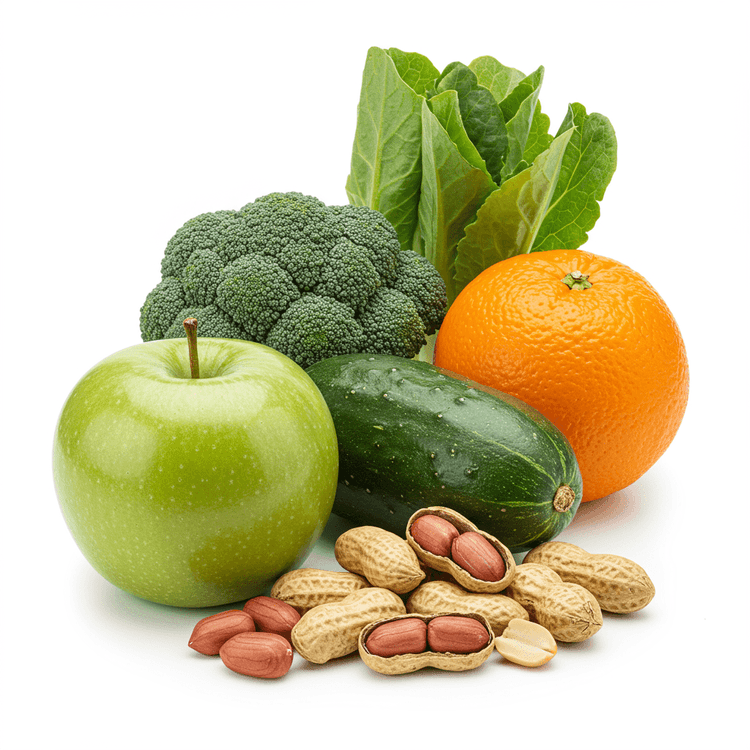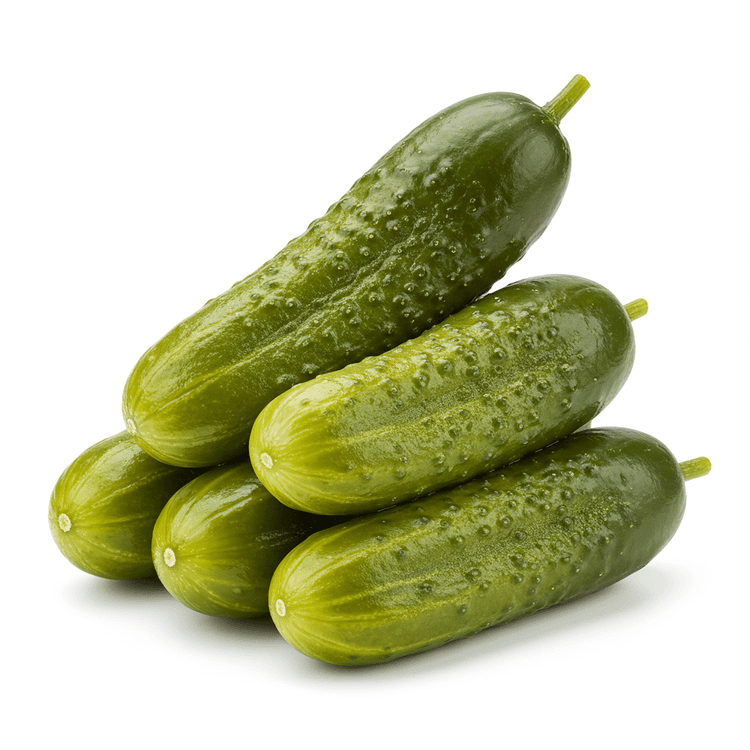
Vegetable
Vegetables are a diverse group of edible plants that come in a variety of flavors, textures, and appearances. They can be leafy, root-based, or fruit-like, offering everything from crisp and refreshing bites to hearty and earthy flavors. Vegetables are rich in vitamins, minerals, and fiber, making them essential for a balanced diet. Whether raw, roasted, steamed, or sautéed, vegetables add vibrant color and nutrition to meals, making them a staple in cuisines worldwide.
Common Uses
- Used as the base for hearty soups and stews, providing flavor and texture to dishes like minestrone or vegetable chowder.
- Sautéed or stir-fried with spices and sauces to create quick and healthy side dishes or main courses.
- Roasted in the oven to enhance their natural sweetness and create caramelized, crispy edges for salads or grain bowls.
- Blended into smoothies or juices for a nutrient-packed drink that boosts energy and overall health.
- Pickled or fermented to create tangy condiments and side dishes like kimchi or pickled cucumbers.
- Used raw in salads or crudité platters for a fresh, crunchy addition to meals or snacks.
Health Benefits
- Vegetables are rich in essential vitamins and minerals, such as Vitamin C, potassium, and folate, which support overall health and wellness.
- They are an excellent source of dietary fiber, promoting healthy digestion and aiding in weight management.
- Many vegetables are low in calories and high in water content, making them ideal for hydration and calorie-conscious diets.
- They provide antioxidants that help protect the body from oxidative stress and support a strong immune system.
- Vegetables add vibrant colors, textures, and flavors to meals, enhancing both the visual appeal and taste of dishes.
- They are versatile and can be used in a variety of cooking methods, including steaming, roasting, grilling, and stir-frying.
Substitutes
Chefadora AI is here.
Experience smarter, stress-free cooking.
Storage Tips
Store most vegetables in the refrigerator's crisper drawer to maintain freshness and prevent wilting. Leafy greens should be kept in a breathable bag or container with a damp paper towel to retain moisture. Root vegetables like potatoes and onions are best stored in a cool, dark, and dry place at room temperature. For longer storage, certain vegetables like carrots or broccoli can be blanched and frozen. Avoid washing vegetables before storing, as excess moisture can lead to spoilage.
Marnirni-apinthi Building, Lot Fourteen,
North Terrace, Adelaide, South Australia, 5000
Australia

